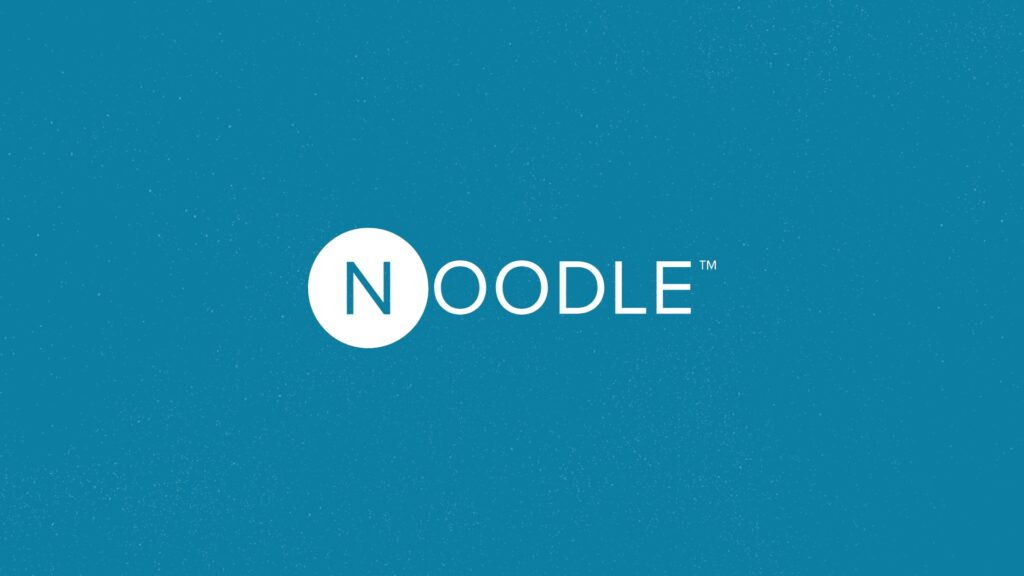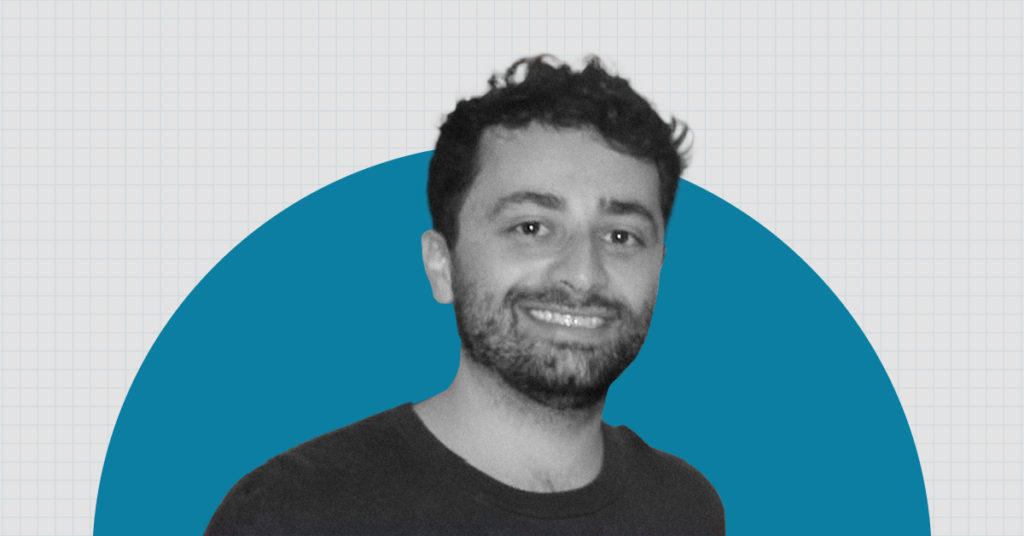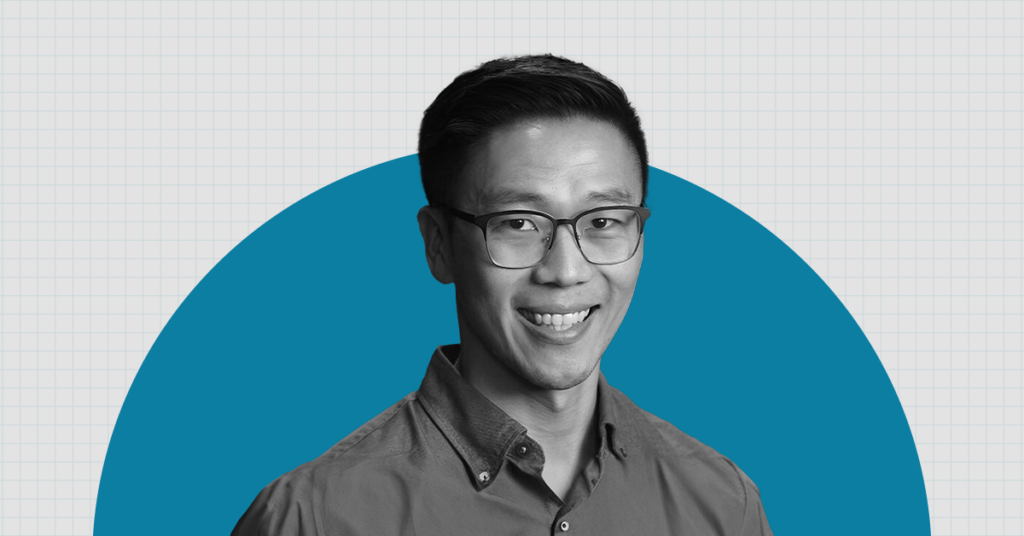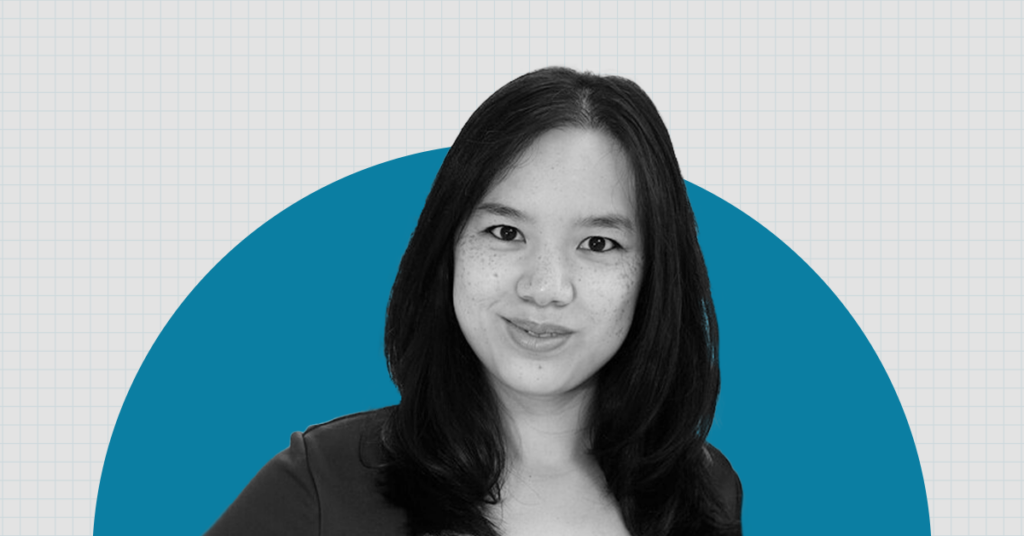Director of Solutions Architecture David Donoso is no stranger to diversity. He was born in Quito, Ecuador, the son of an executive for the United Nations Children’s Fund (UNICEF), the United Nations agency responsible for providing humanitarian and developmental aid to children worldwide. From there the family moved to Moscow, Russia, for about six years before returning stateside to New York. He currently lives in Nashville, Tennessee. He attended Northeastern University in Boston, majoring in Business with concentrations in Management Information Systems and Finance.
Meet Director of Solutions Architecture, David Donoso
“After graduating from Northeastern University, I knew that I wanted to work with systems and technology, but also knew that I did not want to go into the corporate world. I decided to go into higher education in order to make a difference and to be part of a bigger purpose.”
Where are you originally from, and where were you raised?
I was born in Quito, Ecuador, and lived there until I was nine. My dad was with UNICEF and so my family to a few different countries until we came to New York when I was 16. I am currently based in Nashville, Tennessee, and have been living here for about 7 years now.
Where did you receive your education and do you recall a specific moment when you decided to make education the focus of your life’s work?
I attended Northeastern University in Boston where I majored in Business with concentrations in Management Information Systems and Finance. One of the main reasons I chose to attend Northeastern is their renowned co-op program, which gives students the opportunity to work full-time in the field they are pursuing. During my time there, I was able to complete internships at Harvard Law School, Deloitte and the Boston Consulting Group, which helped me confirm the career I wanted to pursue. After graduating from Northeastern, I knew that I wanted to work with systems and technology, but also knew that I did not want to go into the corporate world. I decided to go into higher education to make a difference and to be part of a bigger purpose.
Describe how your career has been enhanced by exposure to diverse people, places, or experiences. Please provide a specific example.
While difficult at times, living in different countries and being able to travel the world gave me the opportunity to truly be among groups of people with very diverse backgrounds. In Moscow, Russia, I went to an international school that was composed of students from all over the world. Experiencing that demonstrated to me that diverse groups can thrive, not just coexist.
What makes a leader great?
I believe a valuable characteristic in an effective leader is the ability and willingness to adapt. There is always a time when things need to change, and being able to manage that change is a beneficial skill. Folks on the academic side can be resistant to change at times, so you need to guide them through that change in a way that makes them comfortable.
When you think of great leadership, who comes to mind? Why?
My father is someone I have always really looked up to, especially when I consider the many sacrifices he made over the years and the risks he took to grow his career. He was always driven by the mission to make in impact in the lives of others and was never afraid to implement organizational changes. No matter what office he was in, we always saw the respect and admiration that his colleagues had for him, and that’s something that always stuck with me.
How has your personal leadership style evolved?
I consider myself an introvert, so communication, particularly in a professional setting, was something that I struggled with early in my career. I worked hard to improve those skills, and as I’ve gained more and more confidence in my areas of expertise, I have been able to become a much more effective communicator with customers and peers.
What is it about your background or career experiences that successfully positioned you for your role at Noodle? Describe that role.
Prior to joining Noodle, I spent six years at Vanderbilt University where I implemented and managed a large portfolio of academic systems and integrations. A number of those systems are used heavily by our university partners, so being able to bring that level of expertise to Noodle enabled me to make an impact almost immediately. While at Vanderbilt, I also led the implementation of several programs with an OPM. This gave me a clear idea of the types of questions, concerns, reservations that our customers have when first working with us, because I lived through it as well. This allows me to put those concerns at ease when working with our university partners and help build trust and a strong relationship faster.
How do you support the success of your team?
Coming from the university side, I was able to bring significant technical expertise that allowed me to become a resource to various teams at Noodle, increase our overall knowledge base, and implement best practices with the main admissions system we use, called Slate. I really enjoy problem solving, and have been able to collaborate with several teams to really think about our existing processes and systems and brainstorm ways that we can improve on those. We’re working on several exciting initiatives that will have a great impact on Noodle.
What are some of the most effective tools in your leadership arsenal?
One of my most effective tools is my ability to look at a solution in a holistic way to ensure that any proposed changes don’t have a negative impact on other parts of the business. After joining Noodle, I wanted to quickly learn how our systems work and how they are integrated, and that has allowed me to have a clear picture on what parts will be impacted by new projects or initiatives.
Please tell us something about yourself that people would be surprised to learn.
People are usually surprised to hear about my upbringing and all the countries I’ve lived in and visited. Also, that English is not my native language.



